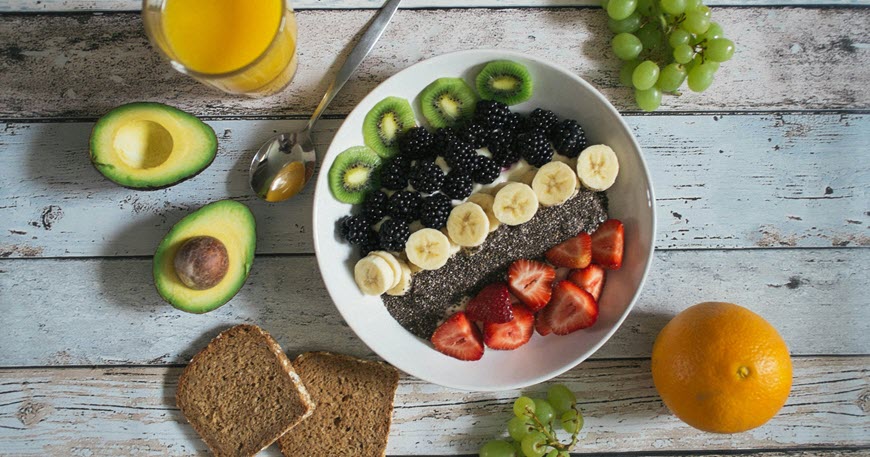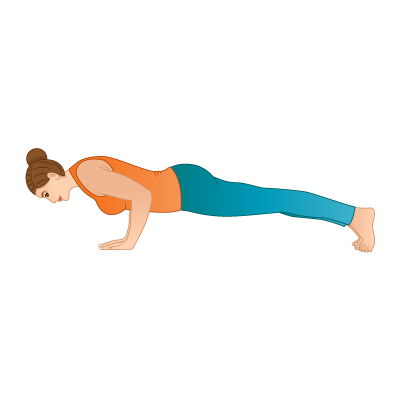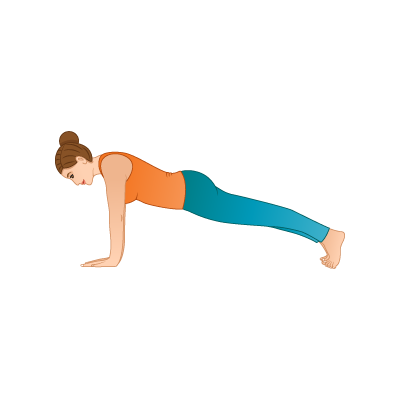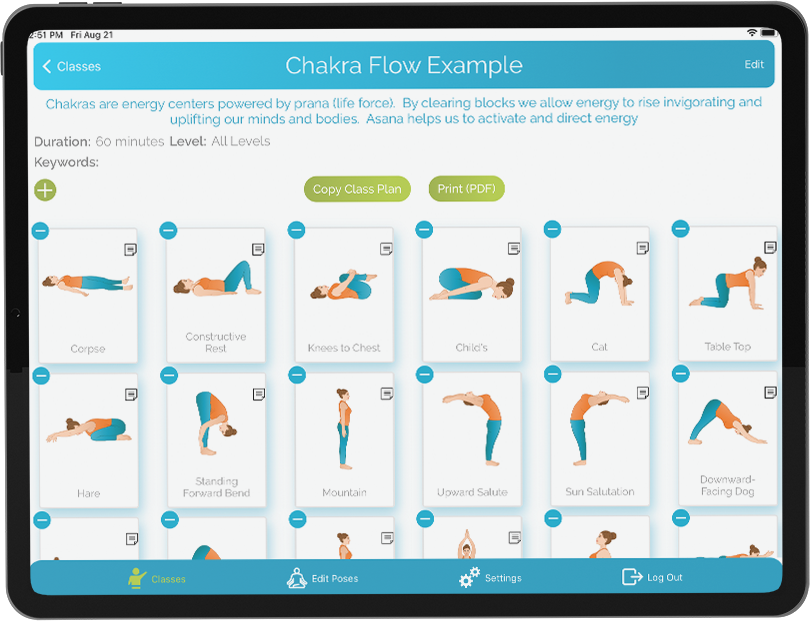The Ultimate Yoga Diet Guide to Fuel Your Students’ Practice
April 4, 2024 | 5 min read
As a yoga teacher, your role extends beyond guiding your students through asanas; it involves nurturing their entire well-being. Proper nutrition can empower yoga sessions, fueling the body with the right energy, supporting muscle flexibility, and aiding in recovery.
Our guide offers targeted nutrition tips teachers can advise their students, focusing on the ideal foods and hydration techniques before, during, and after yoga, to help practitioners achieve a harmonious balance between their physical activities and dietary choices.
Whether your students are seasoned yogis or new to the practice, understanding how to nourish their bodies can highly enrich their yoga experience and contribute to their overall health.
Pre-Yoga Class Nutrition
Hydration Is Key
Encourage students to hydrate well before yoga practice, aiming for at least 8 ounces of water an hour before practice to ensure the body is adequately prepared for physical activity.
Light and Nourishing Pre-Class Meals
Recommend eating a small, easily digestible meal or snack about 30 to 60 minutes before yoga class. This meal should be rich in complex carbohydrates and moderate in protein, with minimal fats to avoid discomfort during practice.
For Vegans and Vegetarians
- A bowl of warm oatmeal topped with antioxidant-rich berries and nuts offers a comforting, nutrient-dense meal, supplying steady energy with a balance of complex carbs and healthy fats.
- A banana with a small handful of mixed nuts provides a perfect balance of quick energy and sustained release, along with essential minerals like potassium and magnesium.
- Smoothies with spirulina, a powerhouse of nutrients and antioxidants, blended with fruits like mangoes and bananas, offer a light yet energizing start. It’s packed with protein and vitamins to fuel your body without heaviness.
- Chia seeds soaked overnight in almond milk become a pudding-like snack, rich in omega-3 fatty acids and fiber, providing slow-release energy and keeping hunger at bay.
For Omnivores
- A small serving of yogurt with a drizzle of honey and a sprinkle of flaxseeds offers protein, probiotics, and omega-3 fatty acids to support energy levels and digestion.
- A lean turkey wrap with avocado provides a perfect blend of protein and monounsaturated fats, ensuring satiety and sustained energy without the burden of digestion during practice.
Nutrition During Yoga Class
Continued Hydration
While yoga typically doesn’t necessitate mid-session snacking due to its gentle impact on the digestive system, hydration remains a cornerstone of practice sustainability.
A natural alternative to sports drinks, coconut water provides essential electrolytes like potassium and magnesium, aiding in hydration and muscle function without added sugars.
Post-Yoga Class Nutrition
For Vegans
- A perfect pre-yoga snack, bananas provide a quick energy boost without feeling too heavy in the stomach. They are rich in potassium, which helps prevent muscle cramps during practice.
- Almond butter on whole-grain toast is a combination that offers a balance of good fats and carbohydrates, ensuring sustained energy levels without causing sluggishness.
For Vegetarians
- Greek yogurt is an excellent source of protein and calcium, while honey provides sweetness and quick energy, and almonds add healthy fats.
For Meat Eaters
- A small portion of lean chicken breast, rich in protein, paired with avocado for healthy fats, can be a substantial yet not overly filling option.
Anti-Inflammatory Foods for Muscle Recovery
Recommend foods that are known for their anti-inflammatory properties to help reduce any muscle soreness and support the body’s recovery process. Turmeric, ginger, berries, salmon (for those who include fish in their diet), and walnuts are excellent choices.
Emphasize the importance of gut health for overall well-being and its impact on mood and immunity. Foods rich in probiotics, like kefir, kombucha, yogurt, and fermented vegetables, can support a healthy gut microbiome.
Tea Time: Nutrition Debrief
After a yoga session, there is a great yoga practice, where teachers and students may gather for tea time, and this creates a perfect opportunity to discuss nutrition further.
Here are a few topics that can be included in the debrief:
- The Importance of Hydration: Discuss why staying hydrated is crucial, not just during practice but throughout the day.
- Mindful Eating: Share thoughts on how mindful eating practices can enhance one’s yoga practice and overall well-being.
- Balancing Macronutrients: Offer insights into the importance of balancing carbohydrates, proteins, and fats for optimal health and yoga performance.
Guiding Principles for Yoga Teachers
Recognize that each student’s nutritional needs will vary based on their health, dietary preferences, and yoga practice intensity. Encourage students to listen to their bodies and adjust their food intake based on how they feel before and after class.
Encourage a Holistic Approach: Remind students that nutrition is just one aspect of a holistic yoga practice that also includes asana, pranayama (breath work), and meditation. A balanced approach to nutrition should complement their overall yoga lifestyle.
Educate on Mindful Eating: Encourage students to practice mindful eating by paying attention to the taste, texture, and effects of food on their body and mind. This practice can enhance their relationship with food and support their yoga journey.
With these nutrition tips, you can provide your students with valuable guidance on how to support their practice with mindful eating habits and promote a deeper connection with the body and well-being.
Posted in Health & Wellness
Tags: Nutrition





